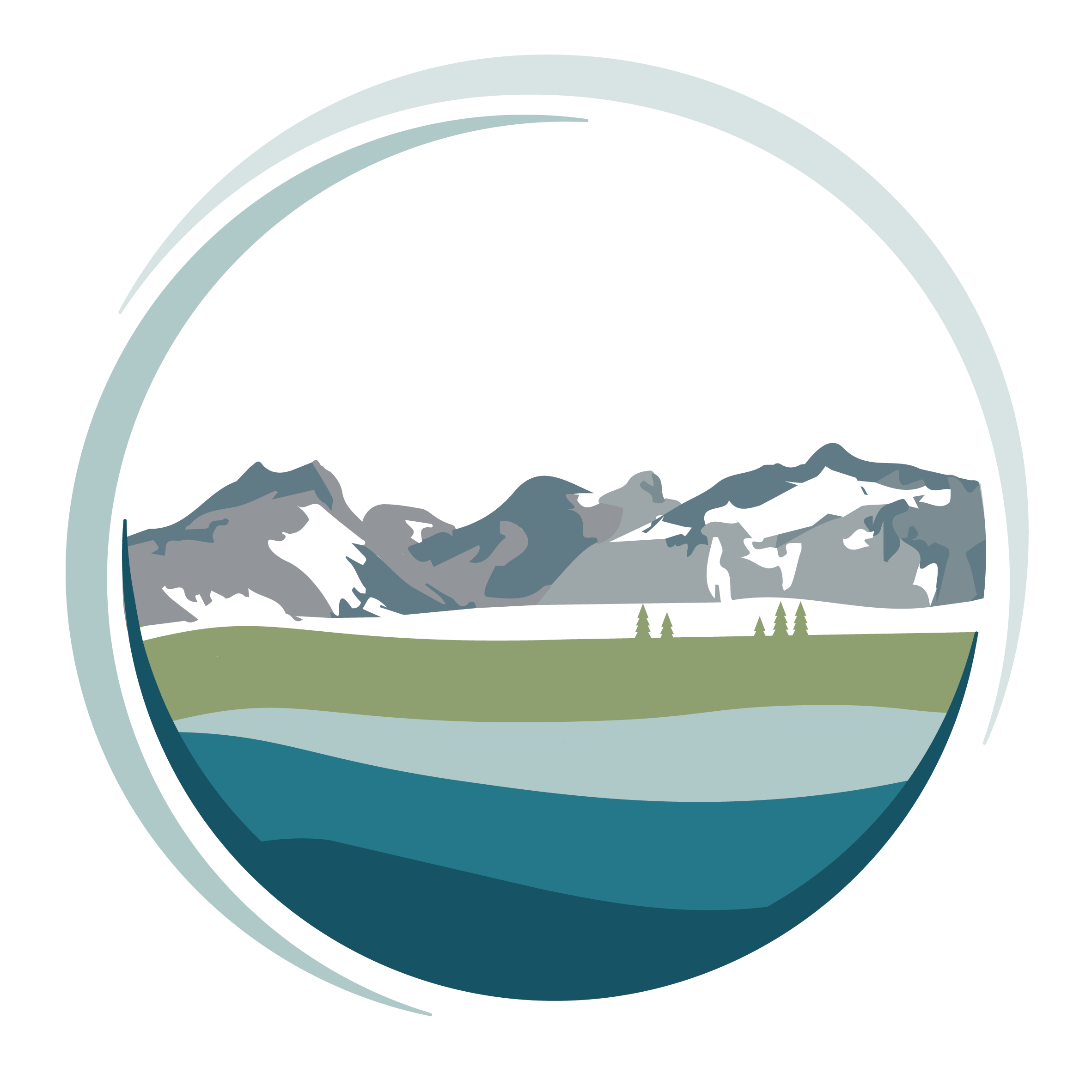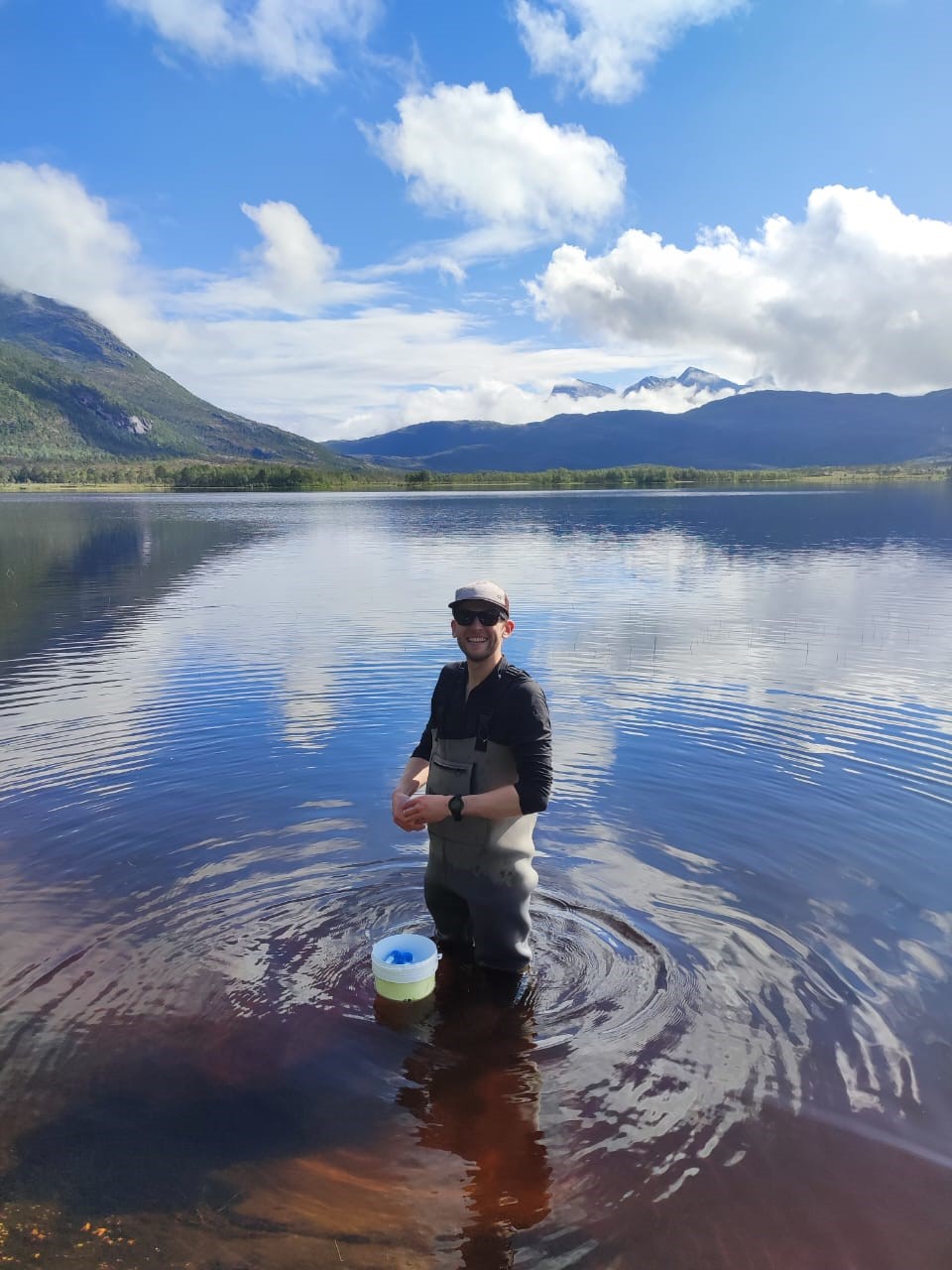5-6 October 2023, Faculty of Biosciences and Aquaculture, Nord University (Bodø, Norway)

Human population growth, high demands for resources, globalisation, and shifting climatic conditions are causing ecosystems to change more rapidly now than ever in the Anthropocene. Freshwater ecosystems, especially those in northern- and arctic regions are particularly affected, as many freshwater species have confined habitat ranges and often limited dispersal abilities. Climate-dependent abiotic factors such as water temperature and dissolved oxygen can change greatly and rapidly, and freshwater ecosystems are often subjected to high levels of other anthropogenic stressors such as pollution.
The workshop, sponsored by Nord University’s R&D Division, will bring together experts in ecology, ecotoxicology, physiology and evolution of freshwater ecosystems to evaluate and synthetize current knowledge in the respective fields and to establish hypotheses that could be tested to better understand human-induced environmental impacts on high-latitude freshwater bodies.
The meeting will be hybrid.
Welcome!
Joost Raeymaekers, FBA
Deepti Patel, FBA
Torstein Kristensen, FBA
Pål Olsvik, FBA
Marijn Kuizenga, FBA
Julia Farkas, SINTEF
Discussion sessions
- Discussion session I: Key questions and research methods
- Discussion session II: Stakeholders and funding opportunities
Venue
5 October:
09:00-12:00 Auditorium Knut Hamsun (A1)
12:00-17:00 Auditorium Petter Dass (A14)
6 October:
09:00-17:00 Auditorium Gerhard Schøning (A8)
Program
| Time | Thursday 5 October | Friday 6 October |
| 09:00 | Meet at university main entrance and walk to the seminar room; COFFEE | Campus tour; COFFEE |
| 09:20 | MORE COFFEE | MORE COFFEE |
| 09:40 | WELCOME | Sigurd Einum: Phenotypic plasticity and developmental rescue from environmental disturbance – are high latitude lakes special? |
| 10:00 | Julia Farkas: TOLERANCE: Metal adaptation and its consequences for Norwegian brown trout in a warming climate | Veerle Jaspers: Birds as indicators of environmental pollution in aquatic environments |
| 10:20 | Joost Raeymaekers: KVIKKSTIK: Adaptive responses to mercury pollution in a warming world | Tomasz Ciesielski: The highest latitude: Pollution in Arctic aquatic/terrestrial wildlife – levels and effects |
| 10:40 | BREAK | BREAK |
| 11:00 | Bjørn Henrik Hansen: Effects of pollutants on cold-water aquatic organisms | FBA LUNCH SEMINAR Filip Volckaert: Seascape pattern of polar cod: a delicate balance of passive and active dispersal |
| 11:20 | Gunnar Kvifte: Beyond lakes and rivers: Novel indicator groups for water bodies not covered by the Water Framework Directive | |
| 11:40 | Marijn Kuizenga: Characterizing mercury bioaccumulation in stickleback populations of North Norwegian lakes: insight from a pilot study | |
| 12:00 | LUNCH | LUNCH |
| 13:00 | Deepti Patel: Stress and immunity in teleosts | NATURE WALK |
| 13:20 | Lucia Sainz Escudero: Conservation genomics of anostracans, the magical inhabitants of wetlands | |
| 13:40 | Eirik Åsheim: Physiology and genetics-environment interactions on maturation timing in Atlantic salmon | |
| 14:00 | FLASHTALKS Roksana Majewska: The potential of diatoms for monitoring freshwater ecosystems Marijn Kuizenga: Comparing the gut micriobiota of natural three-spined stickleback populations with high and low levels of mercury accumulation Brijesh Yadav: Environmental mercury exposure affects spleen gene expression in three-spined stickleback populations Arun Gowda: Genetic and non-genetic adaptation in stickleback fishes Hugo Gante: Improving biodiversity monitoring (and discovery) with eDNA metagenomics | |
| 14:30 | BREAK | BREAK |
| 15:00 | Discussion I | Discussion II & workshop summary |
| 15:30 | ||
| 16:00 | ||
| 16:30 | ||
| 17:00 | END OF DAY 1 | END OF DAY 2 |
| 19:00 | WORKSHOP DINNER |
